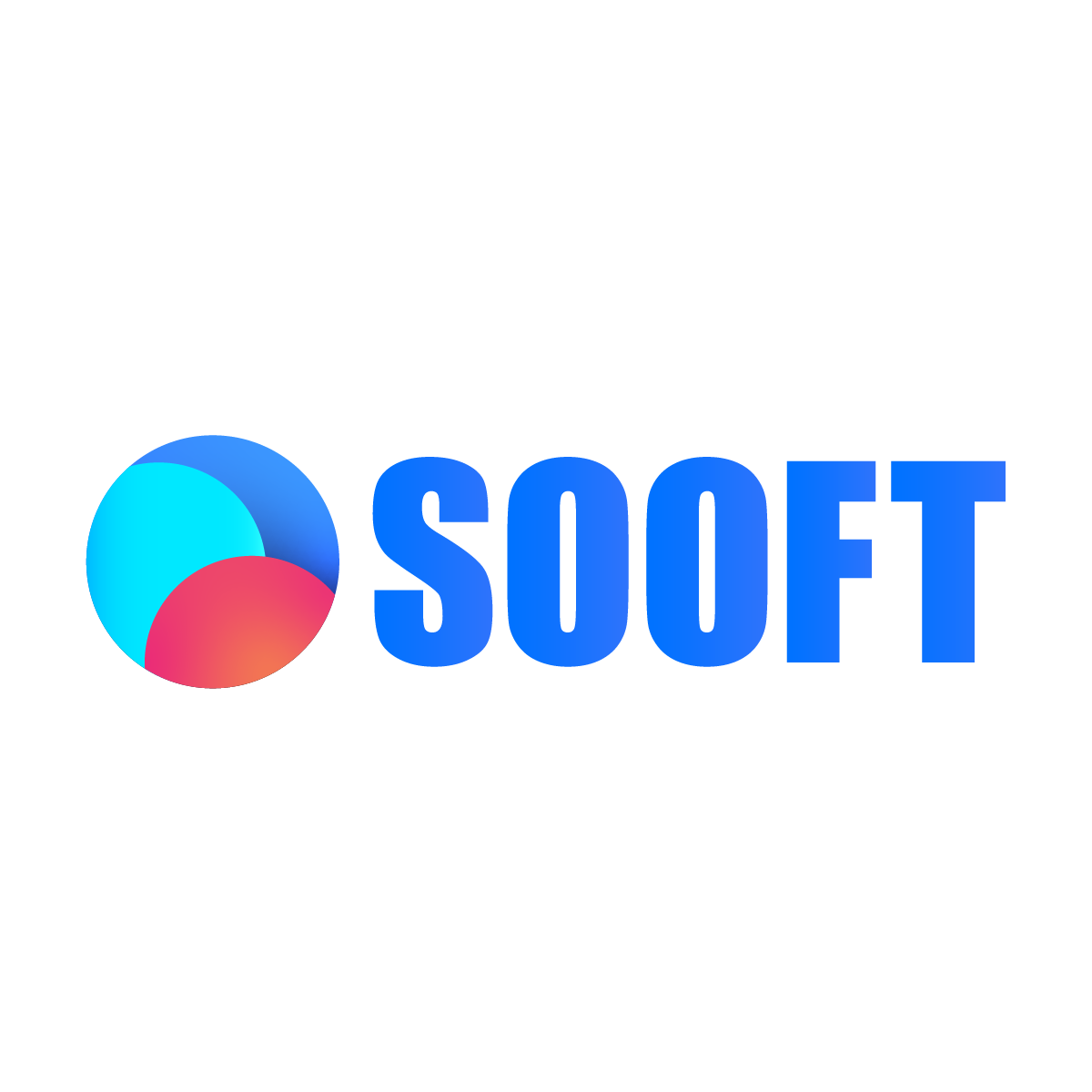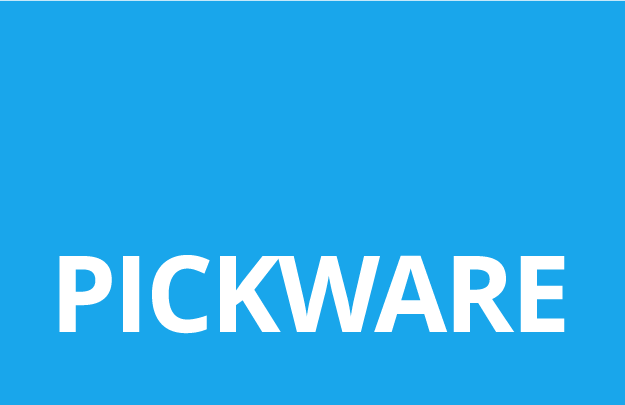ERP software has a lot of benefits for businesses, even if it’s a mouthful to say. Let’s talk about a few.
Business operations are streamlined: ERPs store and track data across an organization, from warehouse management to benefits administration. Almost all ERP packages have these features built in, but some also let you integrate third-party tools, combining disparate apps into one unified system.
Automation of workflow: An ERP solution can automate routine business processes by leveraging advances in artificial intelligence (AI) technology (e.g., machine learning, natural language processing).
Analytics: ERP software provides more detailed and easy-to-understand analytics dashboards that offer both big-picture insights and granularity than other stand-alone systems.
ERP applications have become more accessible thanks to cloud-based options and internet of things (IoT)-enabled features like smartphone access. Users can retrieve and modify data in real time because that information is accessible in real time.
ERP software has a lot of advantages
Businesses can streamline operations with ERP software, including:
By automating processes and managing workflows, ERP platforms can boost productivity.
Disorganization and mismanagement of data can stall a business. When you use ERP software, everyone in the business can find what they need in one place rather than juggling multiple tools.
With advanced analytics, decision-makers can get deeper insights, giving them a better understanding of what’s happening in the business. Leadership can make better decisions and position their business for success with the reporting capabilities of ERP software.
All-in-one ERP software
Because ERP software is expensive and resource-intensive, it’s usually associated with big companies. Due to cloud computing and Software-as-a-Service (SaaS) ERP subscription models, the typical buyer profile now includes:
Small-business buyers: These are companies with two to 100 employees that don’t have an IT department and make less than $50 million a year.
Businesses with two to 100 employees and less than $50 million a year, but they have IT departments.
Buyers who make more than $50 million a year and have a dedicated IT department are enterprise-business buyers.
Guide to the features
Software features you’ll find in ERP
Understanding each vendor’s functionality is key to comparing ERP software solutions. ERP software usually has these features:
Keeping track
Provides general ledger, accounts receivable, accounts payable, and payroll functionality.
Analyzing business
Analyzes and reports business data to help companies make smarter decisions.
Customer Relationship Management
Maintains a record of interactions with prospects, customers, clients, and/or partners.
Management of human resources
Provides traditional HR services, like tracking employees, managing benefits, and training employees.
Management of inventory
Maintains optimum stock levels by tracking up-to-date information about product supply.
Management of supply chains
Tracks goods from factories to distribution centers to stores.








